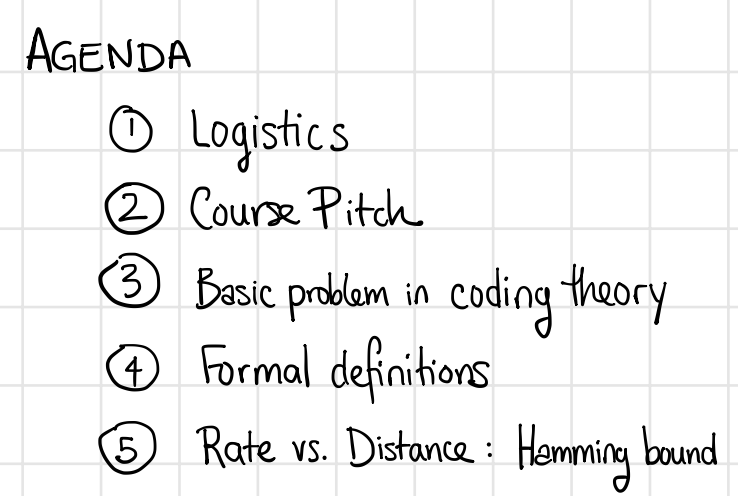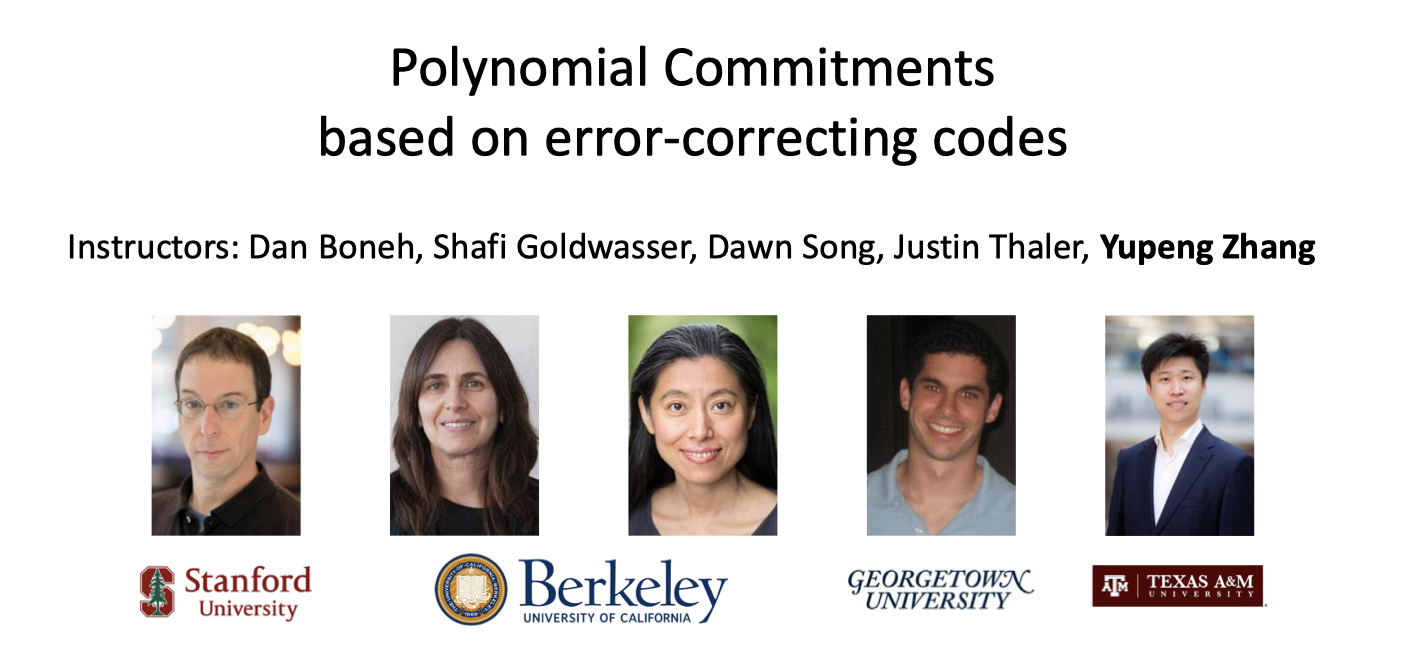The motif of this blog is
Number Theory, including the second half of Lecture 5 and the Lecture 6.
It’s an excellent opportunity to learn Number Theory in manner of English.
An important point in this blog is that we focus more on the statements, which is useful in later lectures, rather than the proof.
About 70% of the content in this blog is originally and literally from the lecture notes. I just organize and refine it according to the logic of the professor’s narration since the lecture note is awesome.
The rest is my own understanding and derivation of some theorems. And I will be learning Number Theory and completing the omitted proof.
So this blog will be updated continuously.




